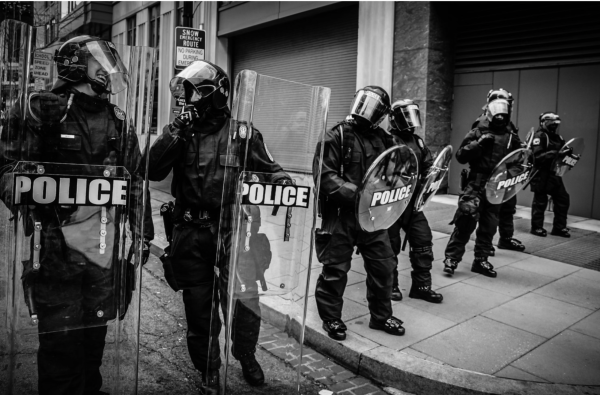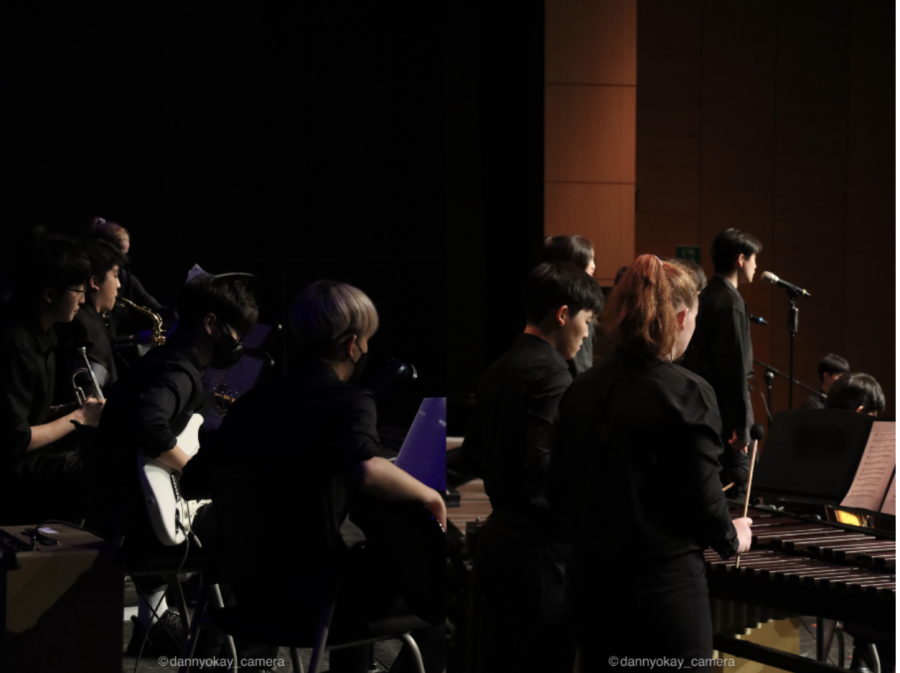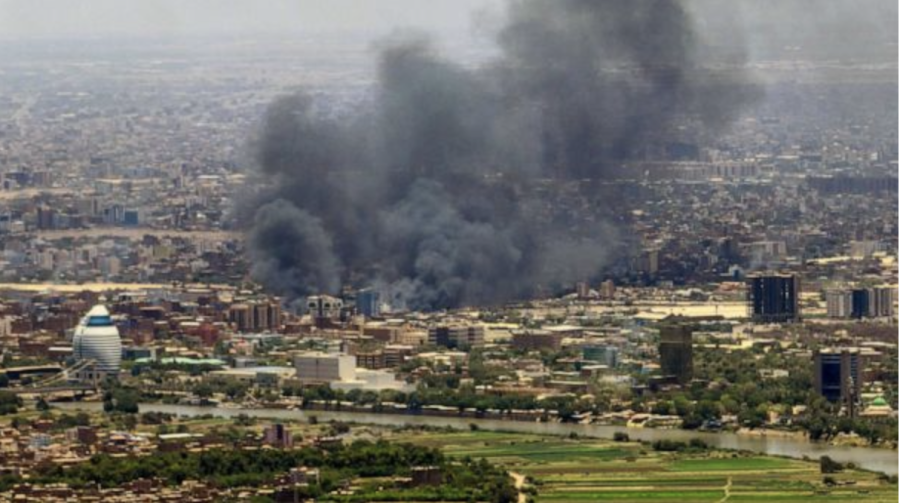
On August 21st, 18 asylum seekers arrived in Greece and found themselves faced with a dilemma. Caught between the two equally detrimental options of wildfires or the police, the runaways chose natural disasters as their path. Though the refugees tried to navigate their way through the forest none of them were able to outrun one of Greece’s largest wildfires: there were no survivors among the 18 by the end of the day.
Finding only the bodies of the victims, charred beyond recognition, Greek authorities had no knowledge of the individual’s identity and the reason behind their predicament. As there had been no new missing locals during the fire, the authorities’ knowledge was confined by the fact that the bodies belonged to foreigners.
Starting from that point, the investigation was further conducted to encompass migrants or people from neighboring nations. It was soon found that the bodies belonged to Syrian refugees, who were running from a civil war. The Syrian asylum seekers’ decision to choose a wildfire over human authorities shows how desperate and acute their fear of recapture actually was.
Further groundwork revealed at least 12 to have been previously caught by Greek border guards while crossing over the border. As these individuals weren’t given shelter but rather sent back to Turkey, the Syrian refugees’ fear likely stemmed from their knowledge of being trapped once again in a country ravaged by war.
Direct relatives of the asylum seekers revealed recordings—videos and voice messages —sent during the victim’s last moments. The refugees had struggled to save their lives by climbing on high trees, entering a disused shepherd’s shack, and generally running for their lives. With fear-ridden voices, recordings quote lines such as “All forests on our left are burning, and the fire is behind us” and “The fire has reached us” before all communication promptly stops.
Considering that the victims of the wildfire weren’t the first individuals to have faced this challenging, and somewhat unethical, dilemma, the response seems urgent. It isn’t right for individuals to have to choose between two equally perilous options, meaning these asylum seekers should have a shelter available for them.
Despite harsh backlash from the international community, the Greek government remains resolute in its stance that its regimen toward illegal immigrants and external asylum seekers is unmerciful yet reasonable.
Though the Greek government doesn’t show any active responses or even an inclination for change, some samaritans willingly utilize their occupation to help give some form of closure to the bereaved families. One example of this is Quasi, whose profession is on autopsy. With his Norwegian passport, Quasi is allowed free mobility around European nations. By combining his profession and nationality, Quasi focuses on autopsy for dead asylum seekers and helps them find their missing family members or relatives.
An individual’s background has much to do with one’s future, but the works of Quasi demonstrate how it is the intention and beliefs behind your actions that matter. Even your usage of profession and nationality, whether or not you’ve earned it, can help others immensely.













